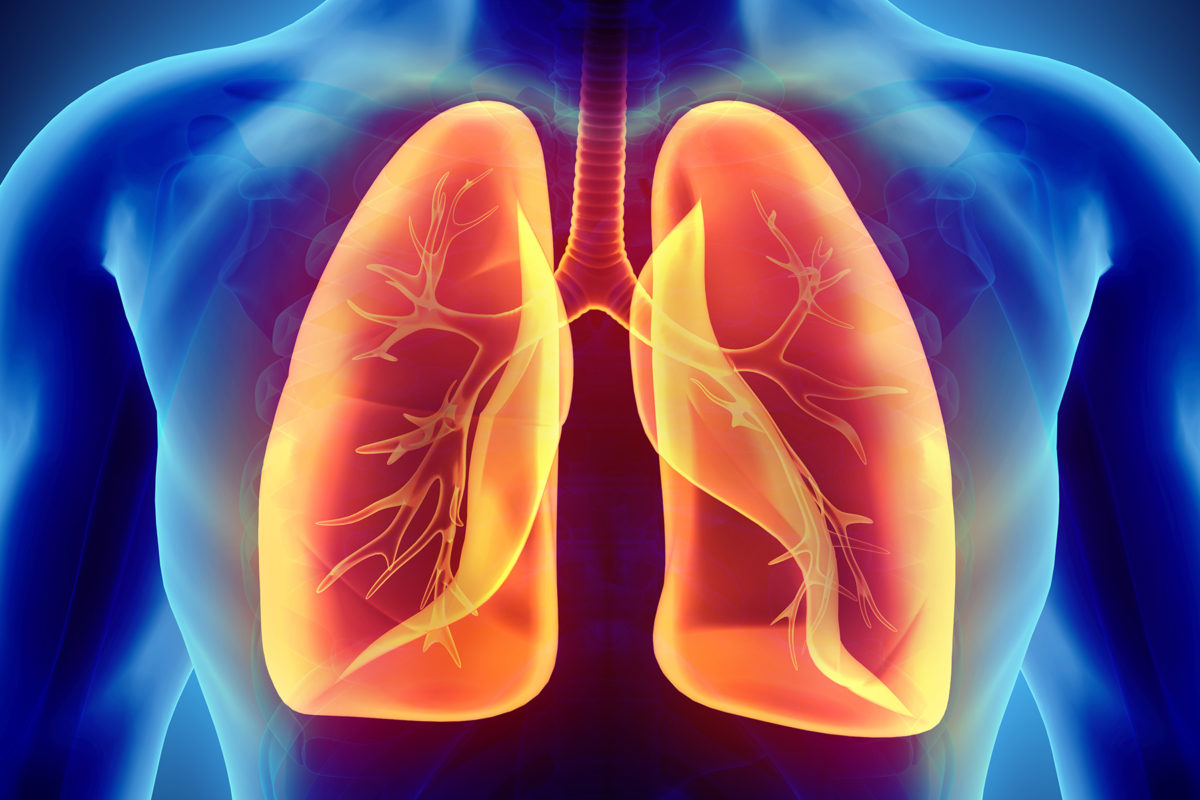A study published in the journal Addiction, has found that heavy marijuana users, who are prone to a destructive lung disease known as “bong lung” can suffer irreversible damage to their lung.
A University of Otago study shows that smoking cannabis can cause bronchitis and, in heavy users, can lead to irreversible lung damage.
Respiratory specialists from Otago and Waikato Hospital looked through research from New Zealand and overseas involving thousands of people to form their results.
According to author and University of Otago Professor Bob Hancox, heavy users could end up with badly damaged lungs for life.
“The bronchitis that people get, the really nasty bronchitis, does tend to improve if you stop. But what we as lung doctors sometimes see in people that don’t stop smoking cannabis – we see people coming in with lungs which are very very badly damaged with lots of destruction of the lung tissue, and that is irreversible.”
“I do think the debate should consider the lung health effects and I haven’t heard much discussion of these effects at all,” said Hancox.
According to the author of the study, the pattern of lung damage caused by cannabis was different – not necessarily worse, but different to smoking tobacco.
“There is convincing evidence for symptoms of chronic bronchitis, but the pattern of lung function changes is different to tobacco and there is insufficient evidence to conclude that cannabis causes COPD,” the paper concluded.
“Whether liberalising availability will lead to further increases in cannabis use remains to be seen, but it is likely that patterns of cannabis use will change, with resulting health consequences,” he remarked.


